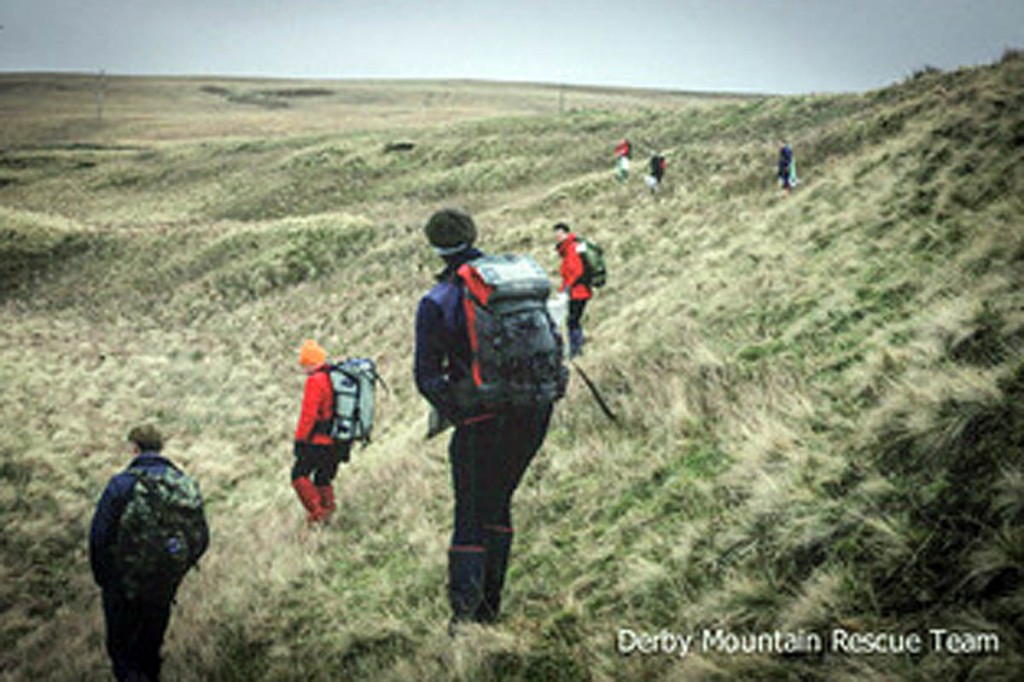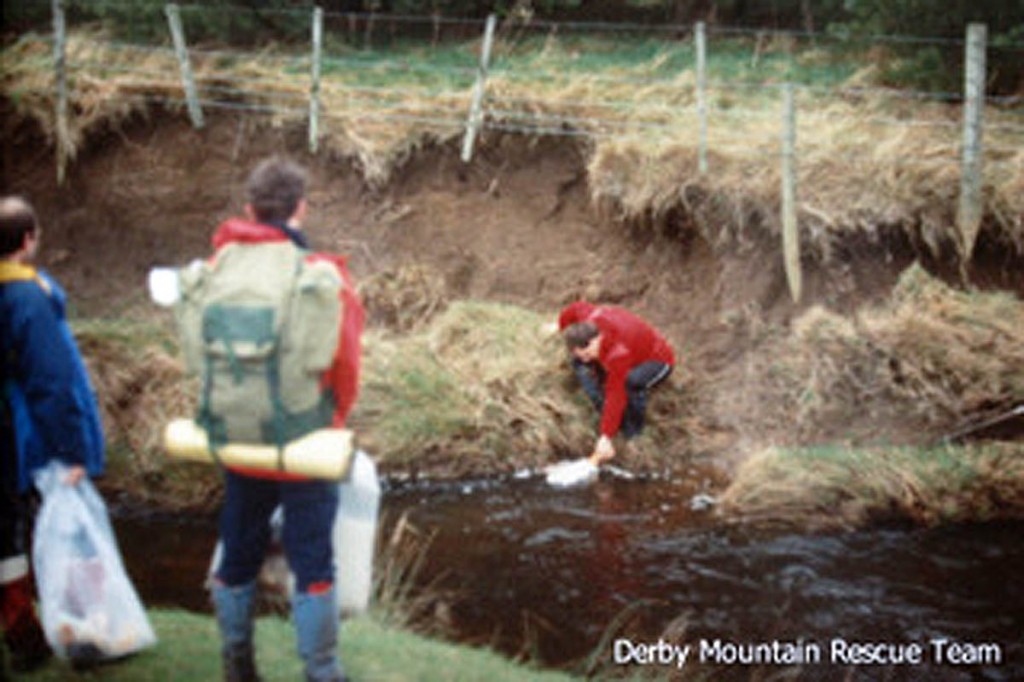A mountain rescue team has been recalling the part its members played in the search following the Pan Am Flight 103 terrorist bombing.
All the passengers and crew died in the disaster, along with many residents of the town of Lockerbie when the wreckage fell to earth.
Commemorations have taken place today to mark the 30th anniversary of the incident, the worst mass murder in the UK in modern times.
Derby Mountain Rescue Team was one of many teams called in to help after the bombing, which happened shortly after 7pm on 21 December 1988.
Those who died were the 243 passengers and 16 crew on the Clipper Maid of the Seas aircraft, and 11 Lockerbie residents who were killed by the impact of the aeroplane debris and subsequent fires.
A Derby MRT spokesperson said: “As the rescue and recovery efforts took place, it wasn’t long before the sheer scale of the incident became apparent, with police, fire, ambulance, Army, RAF and members of the public all helping out.
“Although the majority of the fuselage had fallen on Lockerbie, pieces of aircraft, luggage, personal effects and even some casualties had been strewn across a long strip of the country as the aircraft had fallen from 31,000ft resulting in probably the biggest land search we have ever seen in the UK.
“As the days and weeks went by more and more resources were brought in to assist with the search. Seventeen days later, on Saturday 7 January, Derby Mountain Rescue Team, along with other mountain rescue teams from across the country, joined the search.”
The team spokesperson said they were based at Bellingham in Northumberland. “The team was tasked with an area outside Otterburn, more than 60 miles east of Lockerbie, over the border in England.
“Seventeen team members spent two long days searching around 490 acres of land, with any items possibly relating to the crash being catalogued, bagged and the location found recorded.
“The team found 25 items in this relatively small area, ranging from plane interior to luggage and personal effects. It would later transpire that one of these items would be ‘significant’ and was used as a small part of the evidence in the case for prosecution.
“Some of the team members, who are still active in the team today, recall the sheer scale of the operation, with the number of personnel deployed from all types of emergency services, and a large number of helicopters searching across woodlands.
“Some other teams were very unfortunate and their volunteers had to deal with sights that nobody should have to see, the toll of which is probably being felt to this day.”
Sadly, as team members were returning home on the Sunday evening, they were called out again to another air disaster near their base.
The spokesperson said: “British Midland Flight 92 from London Heathrow, bound for Belfast, had suffered engine trouble as a fan blade broke in the left engine. A fatal error meant the crew shut down the engine on the right side leaving the plane with limited power.
“It was routed to East Midlands Airport for an emergency landing, where having now suffered complete engine failure, the plane’s tail struck the ground in Kegworth, bouncing the plane over the M1 motorway and into the embankment, breaking into three main sections, less than 500m short of the end of the runway.
“Forty-seven passengers died in the crash, while eight crew members and 79 passengers survived, although 74 of those had suffered serious injuries. The team assisted the rescue operations providing logistical support and communications for the Search and Rescue Dog Association.
“Both incidents were reviewed at the next mountain rescue conference, where for the first time the topic of post-traumatic stress disorder for rescuers was raised.”
In 1989, the Derby team was called out 17 times. So far this year, it has attended 68 incidents.

